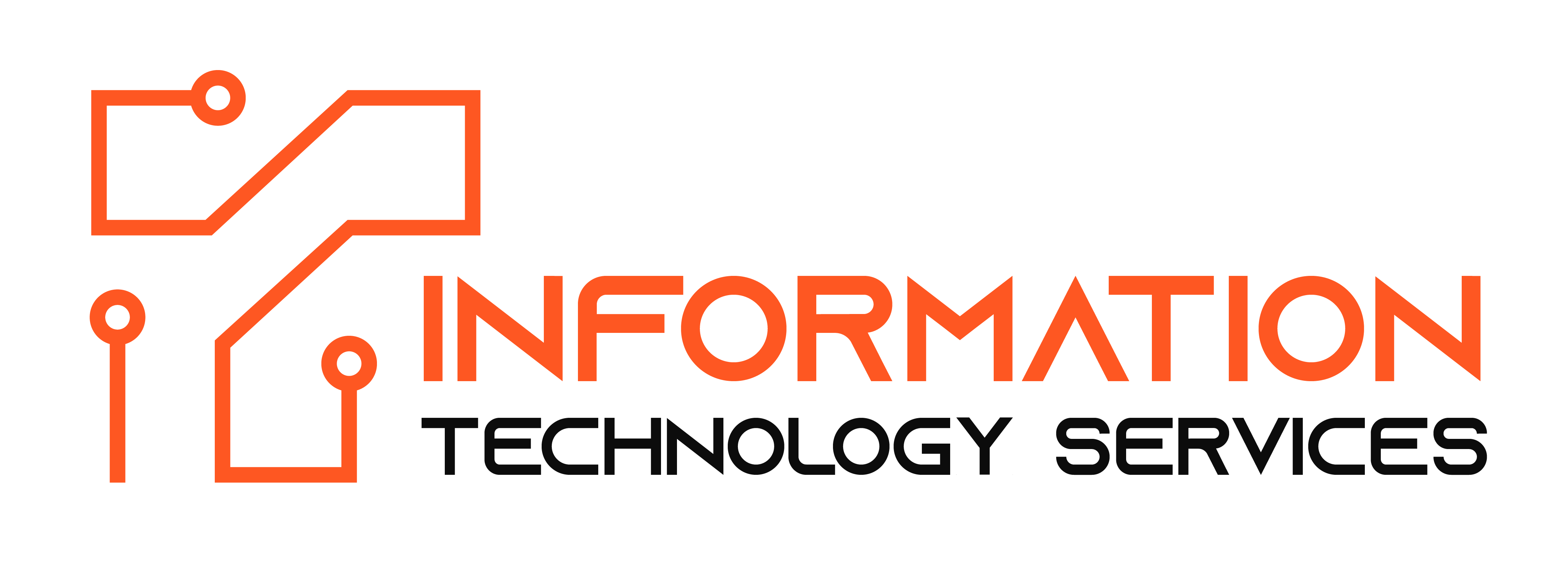How Effective Business Facilitation Fuels Innovation and Productivity
In today’s dynamic business environment, the concept of business facilitation has emerged as a pivotal factor in driving innovation and enhancing productivity. Through adept facilitating workshops, organizations can foster collaboration, streamline processes, and cultivate an environment conducive to creativity and efficiency. In this blog post, we delve into the profound impact of effective facilitation on fueling innovation and productivity across various industries.
Understanding the Essence of Business Facilitation
At its core, facilitation revolves around the art of enabling smoother communication, problem-solving, and decision-making within an organization. A skilled facilitator acts as a catalyst, guiding teams through challenges, and fostering an atmosphere of mutual understanding and cooperation. By leveraging facilitation techniques, businesses can break down silos, align goals, and unlock the collective potential of their workforce.
Nurturing Innovation Through Collaborative Workshops
Facilitating workshops serve as incubators for innovation, providing a structured platform for idea generation and exploration. By bringing together diverse perspectives and expertise, these workshops stimulate creativity and spark new insights. Skilled facilitators employ various tools and methodologies, such as design thinking and brainstorming sessions, to stimulate ideation and foster a culture of innovation within the organization.
Driving Productivity Through Effective Meetings
Meetings are a fundamental aspect of business operations, yet they often fall prey to inefficiency and lack of focus. Effective business facilitation can transform mundane meetings into productive sessions that yield tangible outcomes. By establishing clear objectives, setting agendas, and managing group dynamics, facilitators ensure that meetings stay on track and drive actionable results, thereby enhancing overall productivity.
Empowering Teams Through Enhanced Communication
Communication lies at the heart of successful facilitation. A skilled facilitator creates an environment where team members feel comfortable expressing their ideas, concerns, and opinions openly. Through active listening and empathetic communication, facilitators promote trust and collaboration, enabling teams to work cohesively towards common goals. Clear and transparent communication channels facilitate the flow of information, minimizing misunderstandings and enhancing efficiency.
Breaking Down Organizational Silos
In many organizations, business facilitation plays a crucial role in breaking down silos and fostering cross-functional collaboration. By bringing together representatives from different departments or teams, facilitators bridge communication gaps and promote knowledge sharing. This cross-pollination of ideas and expertise leads to synergies and innovation, as diverse perspectives converge to tackle complex challenges collectively.
Enhancing Decision-Making Processes
Effective decision-making is vital for the success of any business endeavor. Facilitating workshops provide a structured framework for evaluating options, weighing alternatives, and reaching consensus. Facilitators guide participants through the decision-making process, ensuring that all relevant factors are considered and that decisions align with organizational goals. By facilitating constructive dialogue and encouraging critical thinking, facilitators empower teams to make informed decisions swiftly and confidently.
Cultivating a Culture of Continuous Improvement
Business facilitation goes beyond individual workshops or meetings; it encompasses a mindset of continuous improvement and adaptation. Through post-workshop evaluations, feedback mechanisms, and reflection sessions, organizations can identify areas for improvement and refine their facilitation practices over time. By fostering a culture of learning and growth, businesses can stay agile and responsive to evolving challenges and opportunities in the marketplace.
Leveraging Technology for Virtual Facilitation
In an increasingly digital world, virtual facilitating workshops have become indispensable for organizations with distributed teams or remote work arrangements. Leveraging technology platforms and collaboration tools, facilitators can conduct engaging and interactive sessions regardless of geographical barriers. Video conferencing, virtual whiteboards, and breakout rooms enable seamless communication and participation, fostering meaningful engagement among remote team members.
Conclusion:
In conclusion, effective business facilitation serves as a catalyst for innovation and productivity, driving organizational success in today’s competitive landscape. By nurturing collaboration, enhancing communication, and fostering a culture of continuous improvement, facilitators empower teams to overcome challenges, seize opportunities, and achieve their full potential. As businesses embrace the transformative power of facilitation, they pave the way for sustained growth, resilience, and prosperity in the ever-evolving marketplace.





